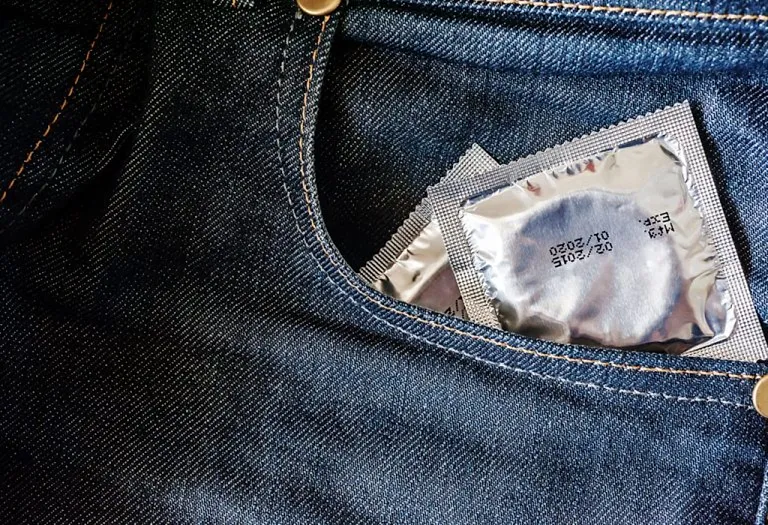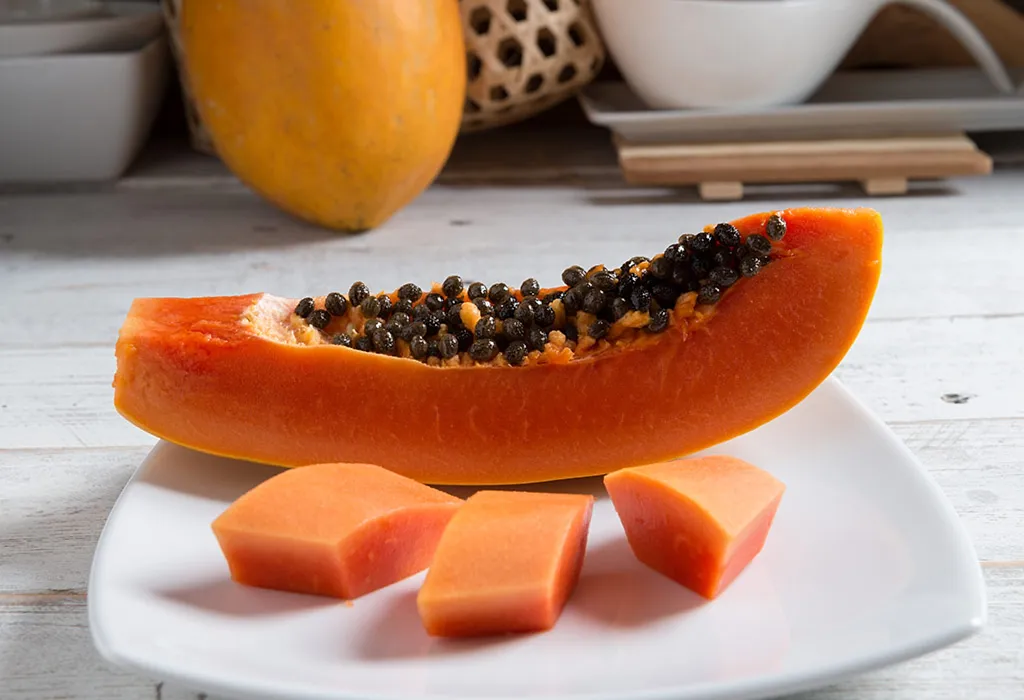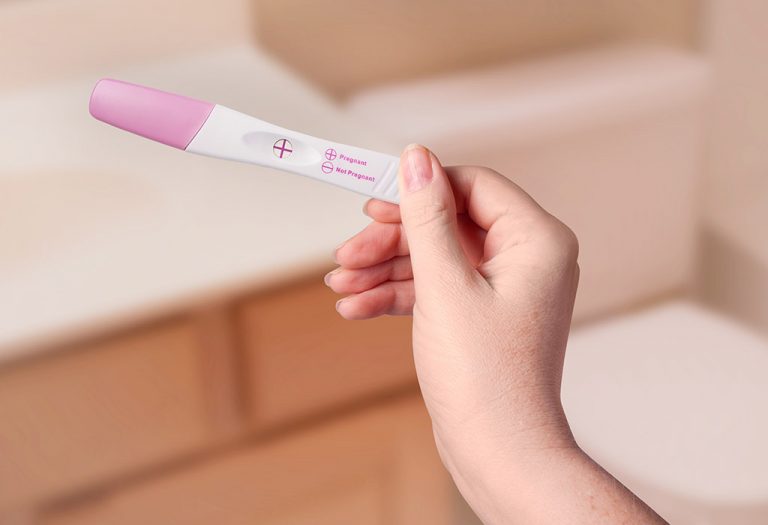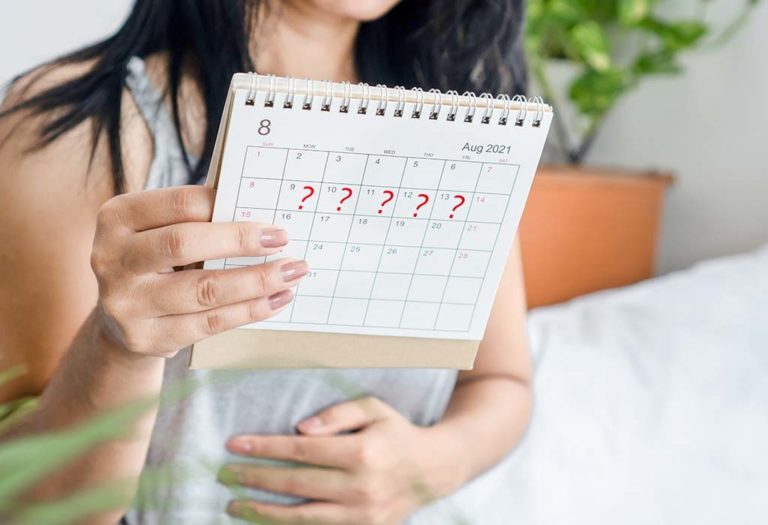How to Prevent Pregnancy: Natural Ways & More

Becoming a mother is a beautiful milestone that many women look forward to at some point in their lives. But let’s face it: pregnancy is a big decision, and it’s one that deserves careful thought and timing. The good news? You have the power to choose when the time is right. With a variety of protective measures and contraceptive options available, preventing pregnancy is easier and more accessible than ever. Whether you’re looking for something medical or natural, short-term or long-lasting, there’s a method out there that fits your needs. Want to find the one that’s right for you? Keep reading; in this article, we’ll tell you exactly how to prevent pregnancy and help you find the method that fits your lifestyle best.
Methods of Contraception for Women and Men
Several options can be adopted to prevent a pregnancy. Some of these options have been listed below.
Birth Control Options for Women
Let’s explore some of the safest options of birth control available for women:
- An intrauterine device or a coil is a good birth control option for women. For one, this can be fitted in by your medical practitioner within five days of having unprotected sex. This method is safe; it can be left in your system for a period of 5 to 10 years, depending on its type, and can help prevent an unwanted pregnancy (1).
- The Morning-After pill is another method that can be used to keep pregnancy at bay. This can be used within 72 hours of having unprotected sex, giving you enough time to use it (2).
- Depo-Provera is becoming quite popular these days. It’s a hormone-based contraceptive injection that’s given every three months. Usually, the muscles in the arms or buttocks are where the contraceptive is injected. It’s of utmost importance that this needs to be repeated every three months without fail for it to be effective (3).
- Sterilisation is another common method that has to be done through a surgical procedure. This is permanent, and therefore, much contemplation is recommended before opting for it (4).
- A diaphragm with spermicide is another device that has to be fitted by a medical professional. This device covers the cervix and helps curtail pregnancy for at least 6 hours. It’s advised not to leave it in for more than 24 hours (5).
- Oral contraceptives are another excellent option for protection. The trick is to make sure that you do not miss your pill. Be advised though, there might be some side effects due to regular usage of these pills (6).
- Apart from tablets to avoid pregnancy, an etonogestrel birth control implant is another option for women. These implants, which are in the form of rubber rods the size of matchsticks, are inserted in the upper arm by a medical professional (7).
- Undergoing a tubectomy is more of a permanent solution when it comes to preventing a pregnancy. Also known as tubal sterilisation, this is a surgical procedure whereby the fallopian tubes of a woman are cut and sealed off. This is a fairly safe method and is known to be quite effective for couples who already have kids (8).
Birth Control Options for Men
Read on to find out the methods to avoid pregnancy in the form of birth control options for men.
- Condoms are perhaps one of the easiest and best methods of protection that men can use during sex (9).
- A vasectomy is a more permanent form of a contraceptive for males. This has to be done surgically and does not stall either erection or ejaculation (10).
- A more manual form of birth control for men is pulling out just before ejaculation. However, this is not recommended as the chances of success are quite low, and this is not a reliable method (11).
The Rate of Effectiveness of Contraceptives
While all the options listed above are sound choices that can be used to prevent a pregnancy, it is, of course, understood that some methods are more effective than others. The below data should help throw some light on the effectiveness of each method.
|
Method of Contraception |
Accurate Effectiveness in % |
| Condoms for men | 85-87% |
| Condoms for females | 77-80% |
| Diaphragms teamed with spermicide | 78-81% |
| Contraceptives taken orally | 95% and above |
| Depo-Provera injections | 99% and above |
| Etonogestrel birth control implants | 99% and above |
| Intrauterine devices | Around 99% |
| Sterilisation through surgery/ Permanent sterilisation | 99% and above |
| Morning-After pill/ Emergency birth control | 74-76% |
Other Precautions to Avoid Pregnancy
Since prevention is, by default, better than cure, some of the best steps to avoid pregnancy have been shared below. Also, note that this might as well be a summary of what has already been discussed. Nevertheless, let’s explore fresh options that can provide you with the best ways to prevent pregnancy.
- Never indulge in sexual intercourse without protection.
- Choose wisely from among the various choices of contraceptives available.
- Sex during your menstrual cycle without protection must be avoided.
- Take proper initiatives to keep pregnancy at bay and curb practices such as pulling out before ejaculation as there is no guarantee that sperm hasn’t already reached your egg.
- Having sex without protection during the ‘safe period’ can also prove to be trouble sometimes. Any missed calculations can, of course, get you pregnant.
- Refrain from bringing exposed genitals in close contact with your partner without protection as there is a high chance that some sperm may end up fertilising your egg.
- If you are already taking birth control pills, be regular, and try and ensure that you take them at the same time every day.
- When a man is sexually aroused, there is usually some discharge from the penis – known as pre-cum or pre-ejaculate – that betters the act of sex. Nevertheless, this discharge may contain sperm so make sure that your partner does not touch your vagina right after touching his penis to avoid getting pregnant.
- Similarly, touching the vagina after handling or touching the condom can increase the risk of pregnancy as any sperm attached to the condom can make their way to the egg in your uterus.
- Make sure that you don’t stay engaged for too long after ejaculating (even if you are wearing a condom). There have been cases where the contents of the condom spill into the vagina as the penis goes flaccid after ejaculation.
- There are quite a few fruits and herbs which you can eat on a daily basis that will reduce your risk of pregnancy even if you have been careless with protection or birth control devices. Papaya is one such fruit.
- In case of crises such as torn condoms or missed pills, ensure you take a morning after or emergency pill that will stop you from getting pregnant.
How to Avoid Pregnancy Naturally?
In case you are not a big fan of surgical or medical methods to avoid pregnancy, there are a few natural options by which you can still stop pregnancy after sex.
The best place to start is to understand your body and to monitor your period. Since conception is largely governed by fertile periods in your cycle, your best bet is to make sure that on days where you are fertile, you either abstain from having sex altogether or use a method which reduces your chances of conception. Thereafter, you can have sex as normal on the days of your period defined as ‘low risk’. It is critical for you to understand your dates of ovulation, since a few days before, and a few days after ovulation are the days when you must exercise restraint or caution to ensure you don’t get pregnant. Once you begin tracking, allow a few cycles to pass to establish a pattern. Pay attention to the signs your body gives you and make an informed decision thereafter.. Listed below are some ways to help you prevent pregnancy naturally.
1. Assess Your Fertility
There are several measures you can try while assessing your fertility. For starters, you should understand what it means to be fertile. Having sex without protection any time between five days before ovulation and until the day you start ovulating again can get you pregnant. So the bottom line is you should not have sex without protection during this period. Once you understand what fertility is, you should also learn about ovulation. In a woman of reproductive age, the ovary releases an egg every month which travels down the fallopian tube. During this period, if the egg is met by a sperm, it could be fertilised and you could get pregnant. Once you have calculated all the necessary dates and the period when you can have sex without worry, natural contraception can work wonders.
2. Monitor Your Basal Body Temperature
To adopt this method, the first thing to do is to buy a basal thermometer. It’s important to chart your basal temperature (the lowest temperature of your body while it is at rest) during the month for best results. During ovulation, your body tends to have slightly higher temperatures which should also be an indicator of your peak time of fertility. A few points to remember would be to take your temperature first thing in the morning and then to stick to the same time every day. The accurate charting of your basal body temperature will give you proper results only after you have repeated the task for at least three months. The days when your body temperature seems higher than usual are the days when you should have protected sex, to avoid getting pregnant (12).
3. Check Your Cervical Mucus
This is a rather tricky manner of avoiding a pregnancy, but done properly, it can help you get the results you desire. Cervical mucus is nothing but your usual vaginal discharge that changes several times during the month. To check, insert a couple of your fingers inside your vagina and swipe. You can also use cotton wool for the same. You should start checking on this mucus only after your period is over. The colour, texture, consistency should be duly noted and changes properly charted to know when you are fertile.
4. Track Your Cycle on a Calendar
Probably the most commonly used method there is, it starts with knowing your menstrual cycle. track your period to understand the number of days your cycle lasts. When tracking, consider the day your period starts as Day 1 of your cycle. It’s important that you chart at least 8-9 cycles accurately to establish a pattern. Using this pattern, you can figure out the days on which you’ll be fertile by subtracting 18 from the number of days in your shortest cycle or 11 from the number of days of your longest cycle. The date you find using either of the methods should be the day when your fertile period starts. Needless to say, having sex in that period without contraceptives could lead to pregnancy.
5. Apply What You Find
Natural ways of contraception can never be the result of just one method. It’s best to apply all the methods listed above together to get proper results. It must also be mentioned here that in case you get confused with the calculations, ensure that you use other methods of protection as a safety net. The whole idea of employing the above methods is to find your fertile period and avoid unprotected sex during those dates. Based on your calculations, you will understand which days you can have sex without protection and when to abstain or employ home remedies to avoid pregnancy.
Home Remedies to Avoid Pregnancy
To those of you who are not enthusiastic about the idea of artificial or medical means of avoiding pregnancy, here are some natural pregnancy prevention methods that are not only effective but can be done right at home.
Read on to find out how to prevent unwanted future pregnancies effectively with natural remedies, herbs, spices, plants and such without side effects.
1. Neem
This super herb has several uses, one being to prevent pregnancy. Neem is in fact counted as a remedy that reduces the chance of fertilisation by reducing the motility of sperms. It can be used in several forms to curb pregnancy. In men, taking neem tablets leads to temporary sterility, thereby curbing pregnancy. Consumption of neem leaves is effective as is using extracts or oils as a home remedy to avoid pregnancy (13).
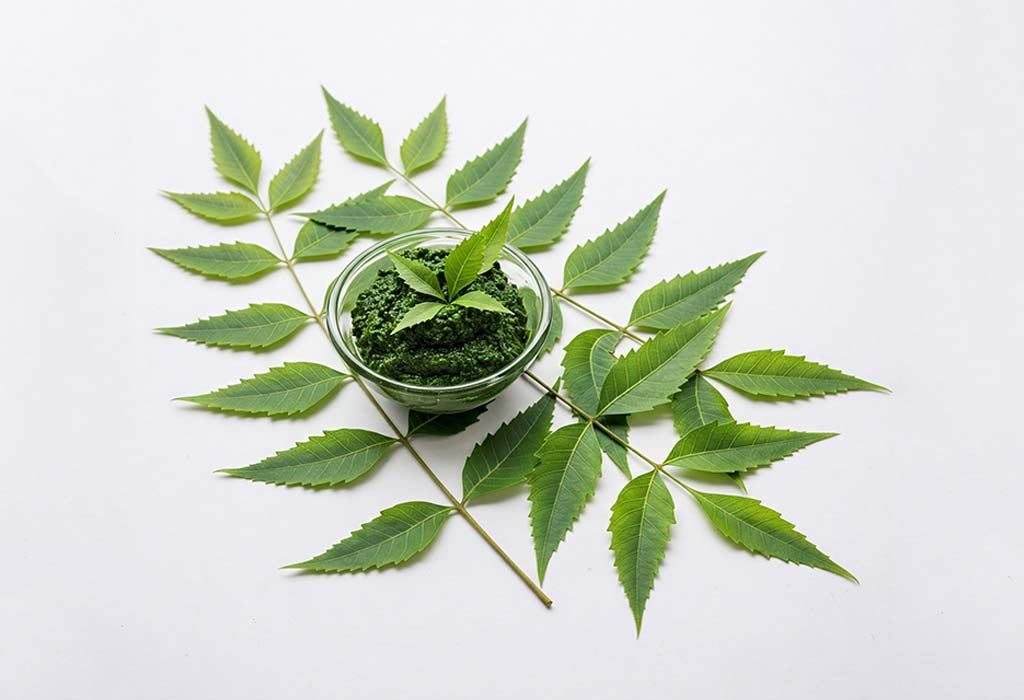
Image Source : AI Generated Image
2. Papaya
This fruit is another versatile natural remedy that can help curb pregnancy. Consuming papaya in any form for at least 4-5 days after having unprotected sex will reduce your chances of getting pregnant (14).
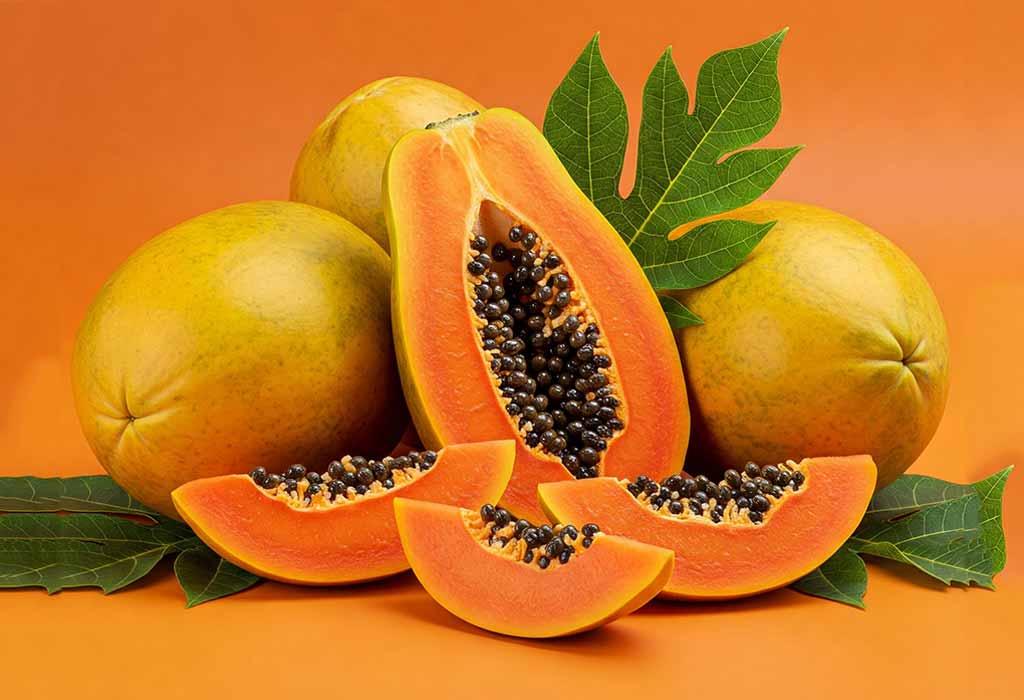
Image Source : AI Generated Image
3. Dried Apricots
Consumption of dried apricots right after sex can provide excellent results in curtailing pregnancy. Dried apricots are best taken with honey and water. This pleasantly-flavoured beverage should be consumed for at least a week for best results.
4. Buckwheat
Rutin present in buckwheat prevents pregnancy by evading fertilisation, if consumed properly with water. Make sure that you consume at least 500 grams of buckwheat with warm water every day to get best results (15).
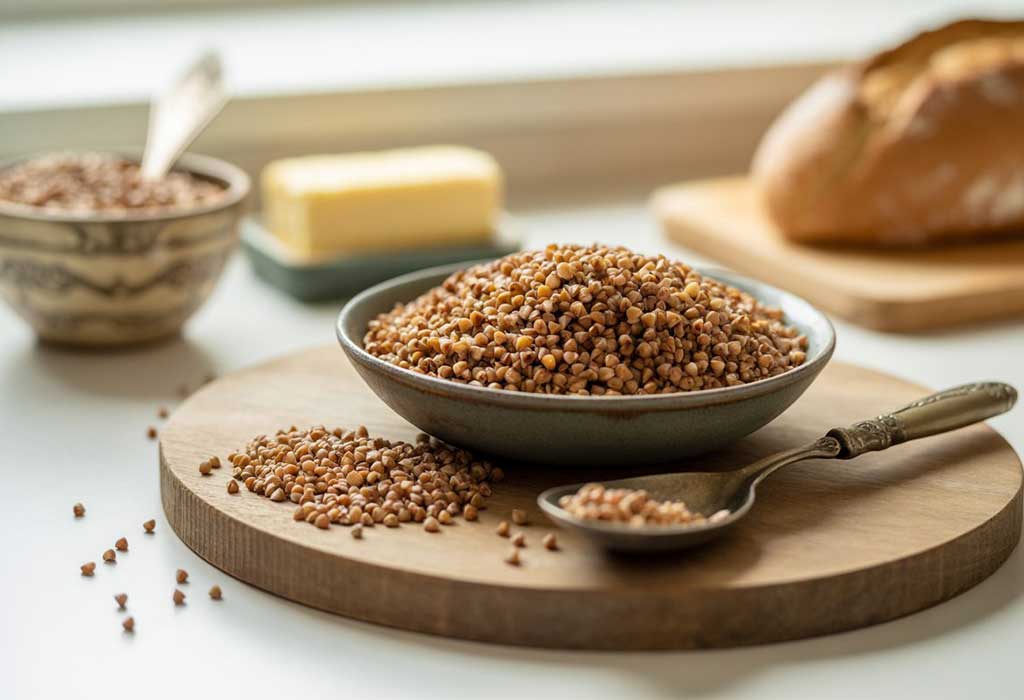
Image Source : AI Generated Image
5. Vitamin C
The element that works wonders for your skin can also help keep pregnancy at bay. Take around 1500 grams of Vitamin C in the form of a capsule to reduce your chances of getting pregnant.
6. Cinnamon
This spice not only helps to add flavour to your food but also acts as a wonderful home remedy to curtail pregnancy. Cinnamon water stimulates the uterus and is therefore advised to be taken after sex. It’s recommended that you soak cinnamon sticks overnight in water.
7. Parsley
Warm some of this extraordinary herb in water and bring to a boil. The water can be drunk on its own or add a bit of sugar to add some flavour.

Image Source : AI Generated Image
8. Angelica
This is also known as Dong Quai. Consume this for at least a fortnight to expand your uterus and stimulate the contractions.
9. Carrot Seeds
A rather old-school method to refrain from getting pregnant, it’s advised that you grind the seeds, mix with water and drink. A tip to get best results is increasing the intake of water for the next few days.
10. Cotton Root Bark
Dry this very effective root and mix it with hot tea or warm water and drink. It’s advised to take this concoction for at least seven days for best results.
11. Ginger Root
Drinking two cups of warm water which has been boiled with grated ginger root can help avoid pregnancy.
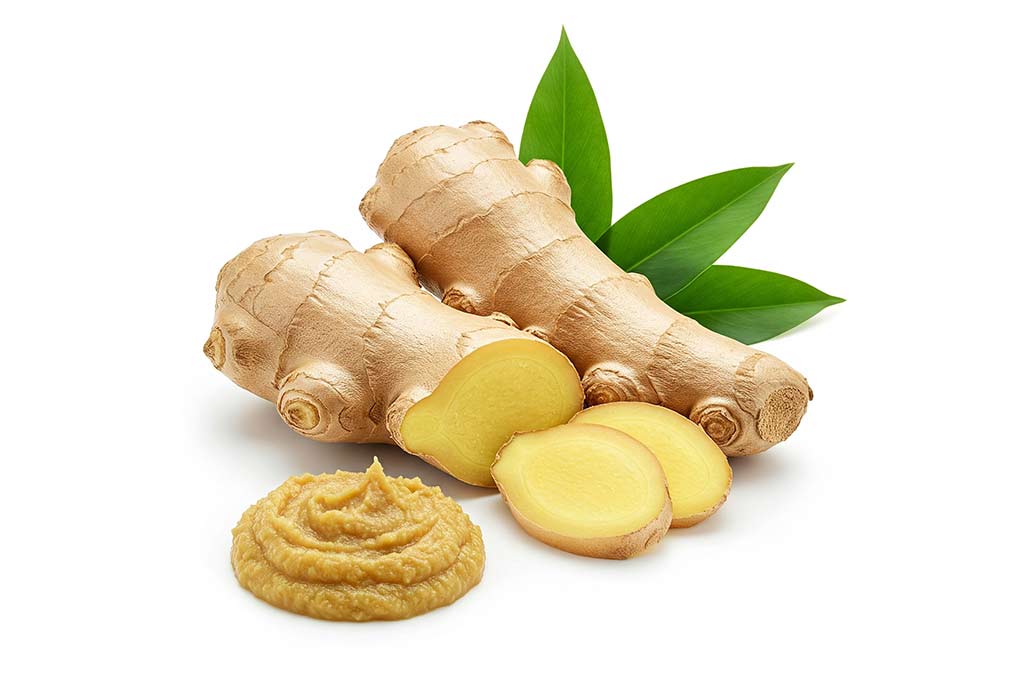
Image Source : AI Generated Image
12. Thistles
Used as a remedy by Quinault Indians, thistles are believed to be a contraceptive. Just boil thistles in water until the bitter taste is infused and drink it.
13. Indian or Wild Turnip
This is a medicinal plant whose root can be used to control pregnancy. Dried powder of the root should be mixed in ½ cup warm water and stored. Drinking it twice a day gives the desired results
14. Queen Anne’s Lace
Also called wild carrots, these plants produce seeds which can be consumed in the form of tea, or even whole for contraception. However, they are best avoided if you have a kidney ailment or gallstones, or if you are breastfeeding.
FAQs
1. Can I use multiple birth control methods together?
Yes, and in many cases, it’s advised. Using condoms along with another method like the pill or an IUD not only increases pregnancy prevention but also protects against sexually transmitted infections (STIs). This is known as “dual protection.”
2. How soon after stopping birth control can I get pregnant?
Fertility can return quickly after stopping most forms of birth control. For example, ovulation may resume within a few weeks after stopping the pill or removing an IUD. Some methods, like the Depo-Provera shot, might delay fertility for several months. Every body is different, so it’s important to plan accordingly (16).
When you’re trying to avoid getting pregnant after intercourse, choose a method or a combination of methods above to reduce the risk of a conception. Having said that, remember that no method is failsafe. Sometimes, it might be best to combine both home remedies and the usual methods of protection to ensure that pregnancy is kept at bay.
References/Resources:
1. Cleveland Clinic – Intrauterine Device (IUD)
2. Cleveland Clinic – Morning-After Pill
3. Cleveland Clinic – Depo-Provera® (Birth Control Shot)
5. Nemours KidsHealth – The Diaphragm
6. National Library of Medicine – Oral Contraceptive Pills
7. Cleveland Clinic – Etonogestrel Implant
8. Cleveland Clinic – Tubal Ligation
10. NHS – Vasectomy
11. Nemours KidsHealth – Withdrawal
12. Cleveland Clinic – Basal Body Temperature
15. PubMed Central – Can Buckwheat Affect Health and Female Reproductive Functions?
16. Lancaster General Health – When to Stop Birth Control Before Trying to Conceive
Also Read:
Unwanted Pregnancy
Vitamin C to Prevent Pregnancy
Calculate Safe Period to Avoid Pregnancy
Ways to Avoid Pregnancy after One Month
Was This Article Helpful?
Parenting is a huge responsibility, for you as a caregiver, but also for us as a parenting content platform. We understand that and take our responsibility of creating credible content seriously. FirstCry Parenting articles are written and published only after extensive research using factually sound references to deliver quality content that is accurate, validated by experts, and completely reliable. To understand how we go about creating content that is credible, read our editorial policy here.








